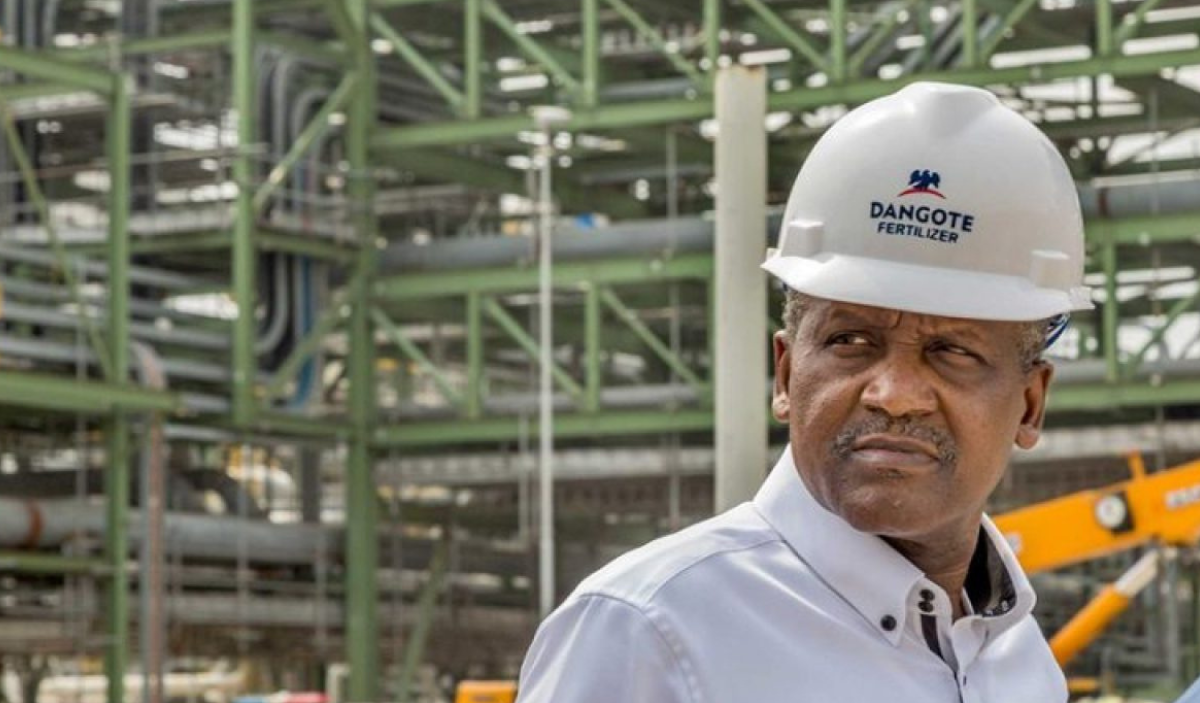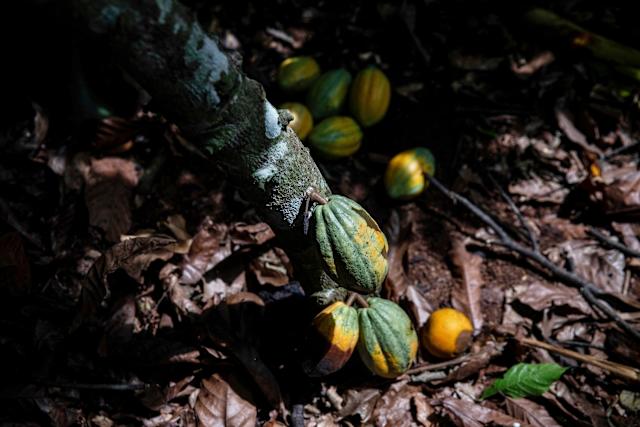
Ghana Eyes Cheaper Fuel Import from Dangote Refinery, Aiming to Cut $400M Monthly European Imports

Ghana plans to source petroleum products from Nigeria’s Dangote Petroleum Refinery once it operates at total capacity, potentially ending its $400 million monthly fuel imports from Europe.
Mustapha Abdul-Hamid, Chairman of the National Petroleum Authority of Ghana, announced this at the OTL Africa Downstream oil conference in Lagos.
If the refinery reaches 650,000 bpd a day capacity, all that volume cannot be consumed by Nigeria alone, so instead of us importing as we do right now from Rotterdam, it will be much easier for us to import from Nigeria, and I believe that will bring down our prices, he pointed.
The $20 billion Dangote refinery began releasing petrol into the Nigerian market on September 15, 2024.
Abdul-Hamid noted that if the refinery reaches its target of 650,000 barrels per day, it could easily supply Ghana, reducing fuel costs by eliminating expensive freight charges from Europe.
The refinery, owned by Nigerian businessman Aliko Dangote, is expected to be fully operational by early 2025.
Abdul-Hamid emphasised that importing from Nigeria would not only lower fuel prices but could also lead to a future agreement among African nations to adopt a common currency, reducing reliance on the dollar.
The refinery fuel oil exports are reportedly displacing European sellers in the world’s largest bunkering hub, Singapore, increasingly meeting demands in the Asian country.
Argus media reported that the newly commissioned Dangote Refinery, with a reported capacity of 650,000 b/d, is competing for fuel oil demands in Singapore and edging major exporters from Kuwait and European countries.
Recall propaganda by Western media to discourage improved petroleum production in Nigeria by advocating for decarbonisation and climate change mitigation. Investigative Journalist and founder of West Africa Weekly, David Hundeyin, was commissioned for USD 500 by Dialogue Earth, an international publication sponsored by Western donors, to write a negative piece about the Dangote refinery, saying it would increase Nigeria’s carbon emissions and harm the environment.
Read More:
- Northern Nigeria Enters Second Week of Blackout Following Power Line Failure
- Top 10 Must-Watch West African Shows and Movies for October 2024 – WAW Edition
- Mali Government Hosts Russian Delegation to Discuss Gold Refinery, Petroleum Supply, and Cotton Processing Plant
About The Author
Related Articles
Ivory Coast to Buy Unsold Cocoa to Support Farmers
Ivory Coast has announced a government plan to purchase unsold cocoa stock...
ByWest Africa WeeklyJanuary 23, 2026Ghana Moves to Reclaim Kwame Nkrumah’s Former Residence in Guinea
Ghana has embarked on a diplomatic and cultural initiative to reclaim the...
ByWest Africa WeeklyJanuary 23, 2026Senegal Honors Players and Coach After AFCON Triumph
Senegal has formally honored its Africa Cup of Nations winning team, awarding...
ByWest Africa WeeklyJanuary 23, 2026Burkina Faso, Mali, and Niger Turn to Russia for Shared Telecom Network
Burkina Faso, Mali, and Niger have announced plans to develop the Sahel’s...
ByWest Africa WeeklyJanuary 23, 2026












Leave a comment